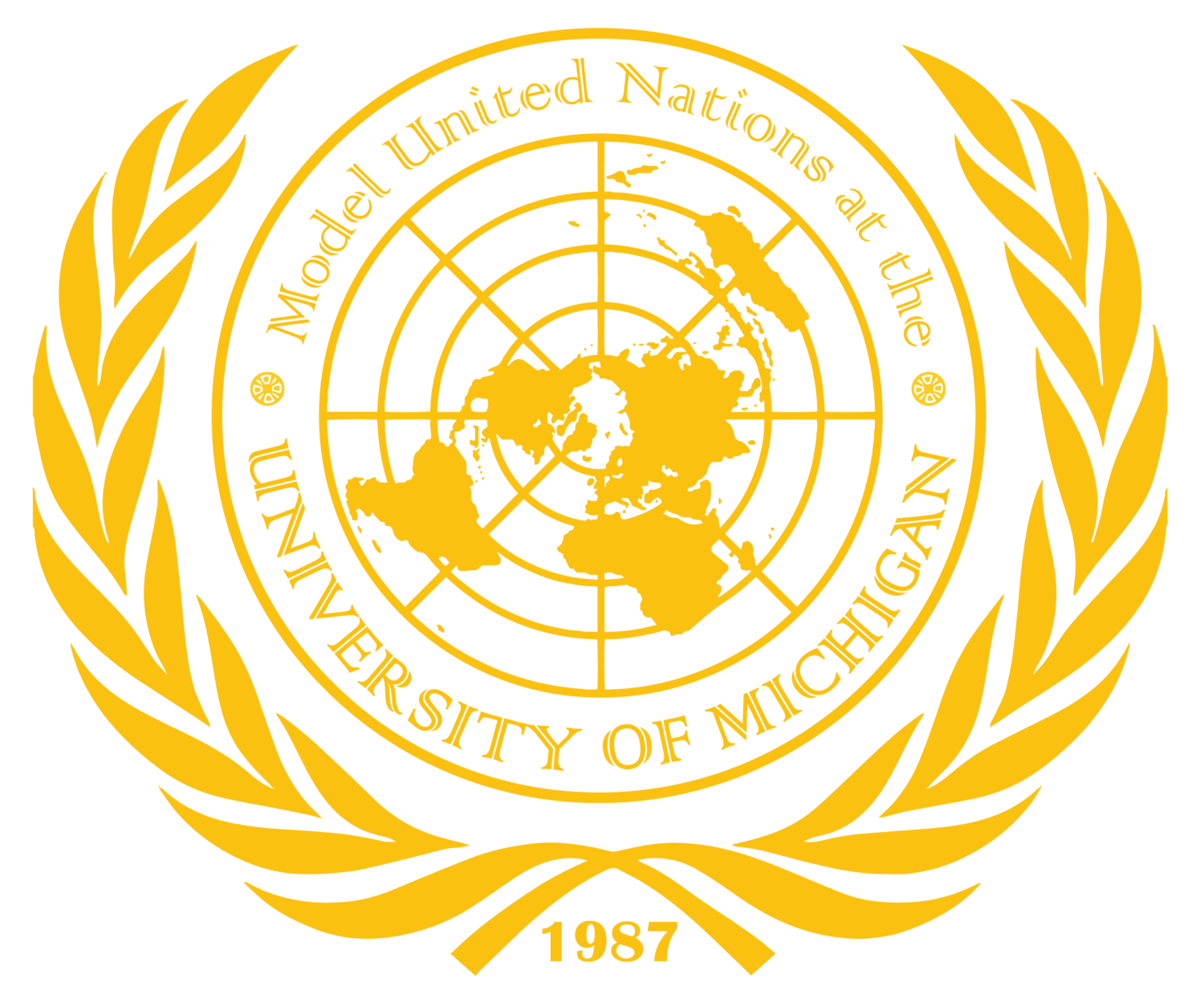By: Piper Davenport
In recent years technology has progressed at an accelerated pace, and with it so, too, has the demand for certain finite materials. This competition has led to the creation of conflict minerals which are natural resources whose extraction and trade lead to frequent and egregious human rights violations. The minerals most commonly classified under this umbrella are lithium, cobalt, and 3TG (tin, tungsten, tantalum, and gold). The WTO has taken up the task of dealing with the crisis of conflict minerals by establishing increasingly responsible supply chains.
Through lively debate during the first committee session, delegates have established their concern with the consistency of human rights violations borne out of conflict minerals. To combat this issue, two Working Papers are in draft stages, both of which focus on the importance of global cooperation and finding ways to transform companies' inherent drive for economic gains.
The largest bloc, composed of approximately 20 delegates, is aptly named Resolve Responsibly. Their collaborative efforts have yielded a comprehensive paper of three pages that covers everything from mineral certification processes to the expansion of Peacekeeper influence. Most significantly of all of their proposals is the creation of an International Mining Authority (IMC) and a Global Mineral Ledger (GML). Under the advisement of the IMC, the GML would serve as a collaborative document for nations to track ethically and sustainably sourced materials. Should companies or nations seek to purchase materials not included in the ledger they would be informed of the necessity to, in the words of the delegation of Spain, “Do their due diligence to the national community.” To enforce said measures, the GML will release statements including companies’ sourcing techniques and their negative effects on the public to increase consumer accountability. Additionally, nations will be advised to maintain domestic accountability through increased taxes on companies that are out of compliance.
The QuadPillar Plan includes many of the same aspects though it differs on a few significant details. Recognizing the limitations of both purview and enforcement capabilities inherent to general assemblies this paper stresses the independence of nations once working under the recommendations that it provides. Additionally, it suggests national maximums of mineral extraction based on their previous economic dependency on said minerals to further sustainability and more easily identify areas of unethical extraction practices. In the Resolve Responsibly bloc there has been mild debate on the true motivations of corporations, however the prevailing perspective, as the delegate of Italy has stated, is that “Profits are primarily their [companies] only motive. To counteract this we require stringent regulations.” Though while the QuadPillar plan recognizes these motivations to be accurate, they highlight the negative effects that stringent regulations might have on the citizenry of the affected countries.
